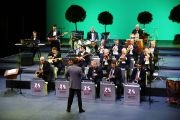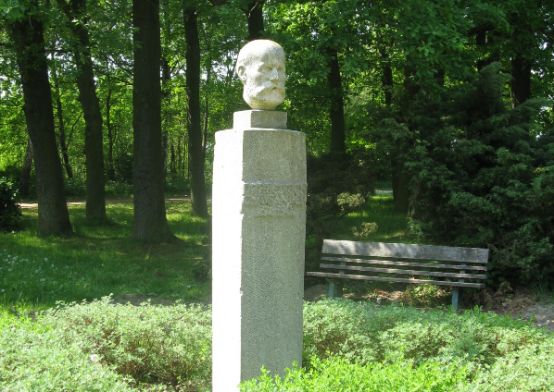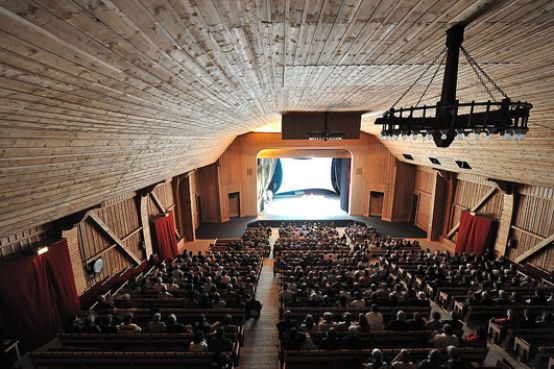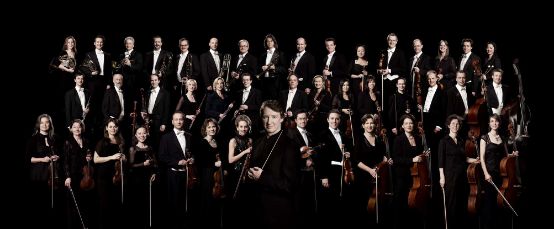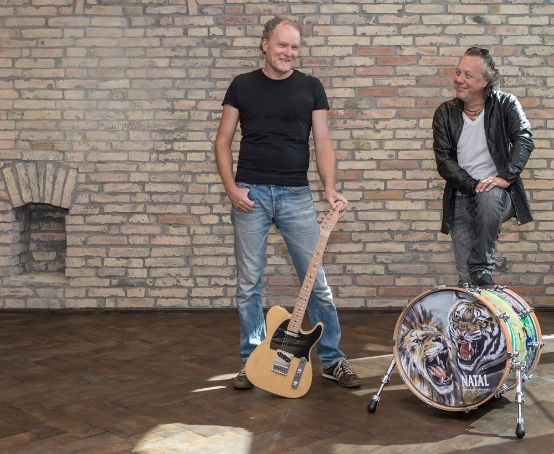The Government Council of the Canton of Zurich authorizes the Directorate of Education to submit the draft for a music school law for consultation. The law is intended to "better enshrine the long and valuable tradition of music education in the Canton of Zurich in law and further promote cooperation between music schools".
With the creation of a music school law, the cantonal government wants to make music education an integral part of public education in the canton of Zurich. In particular, the conservatories are to be more clearly anchored in the educational landscape. The draft of the new law regulates the organization, management and financing of music schools.
In addition to elementary school, secondary schools and vocational schools, music schools should offer music lessons that are accessible to children, adolescents and young adults residing in the Canton of Zurich up to the age of 20 or until they have completed their initial education, but no later than the age of 25. Music lessons in accordance with the curriculum at elementary school and grammar schools are not affected by the Music School Act.
According to the draft law, the responsibility of the municipalities for music schools remains unchanged. As before, these have the task of ensuring access. Minimum requirements for the structure of the offer are now to be defined and cooperation between music schools in the Association of Zurich Music Schools is to be promoted. This should improve quality and optimize the range of services.
The financing of music schools also remains fundamentally unchanged according to the draft law: This will continue to be based on the three pillars of parents, municipalities and the canton, whereby it is planned that the canton will in future contribute 10 percent of the chargeable operating costs by means of state contributions.
The consultation period lasts until November 29, 2013. The consultation documents can be downloaded at www.zh.ch/internet/de/aktuell/vernehmlassungen/info.html (keyword "Music School Act").








